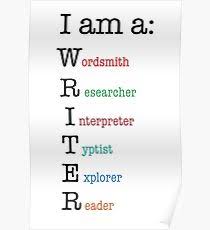Why I Write

“When I sit down to write a book, I do not say to myself, ‘I am going to produce a work of art.’ I write it because there is some lie that I want to expose, some fact to which I want to draw attention, and my initial concern is to get a hearing.” – George Orwell
Why I Write: If I answer truthfully, I don’t know why I write. Just as I don’t know why I breathe or water comes from the tap. City bred, it never occurred to me there were places water did not flow on demand. City bred libraries were scattered across neighborhoods. Words, ready for selection, were mere blocks away. A welcoming librarian smiled at the revolving stacks of books I placed before her. On rare occasions she might say, “Are you sure about that title? It might be a tad old for you.” I was never sure but I was always curious. The potential for escape lay between every binding.
Mr. Marks, my Sophomore English teacher, marked a spontaneous essay assignment with an A. His comments written in red ink, first terrified then delighted me. He liked it. I was dumbfounded. That first positive comment regarding my writing niggled. No matter how many times my internal dialogue said, “maybe you can write,” my pragmatism retorted, “don’t be ridiculous”. Self-defeat reigned.
Decades later a friend brought me Writing Down the Bones by Natalie Goldberg. She said, “You need to read this.” She offered no explanation. It rested on my night stand for months. Picked up to slay insomnia, I read through the remaining night. It gave me the courage to say I want to write. I set the task of 300 words a day. I had no plot, no plan; my only tools were a keyboard and MSWord. I was compelled to write to learn how my story turned out. All the outside fears of what others would think fell away. THEY didn’t have to know and THEY didn’t have to like what I wrote.

I still want to write and I do. Doing it both tortures and fulfills me. Well beyond 300 words a day, a veteran of several NANOWRIMOs and engaged in all aspects of writing and reading I still don’t know why. Like breathing and water writing is a necessity.
George Orwell wrote the following https://orwell.ru/library/essays/wiw/english/e_wiw . It’s a lovely read.
Other writers I know have many reasons for why they continue. I will share their thoughts with future guest blogs. I’d love to hear what drives you.
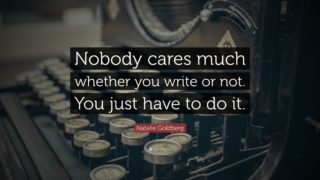
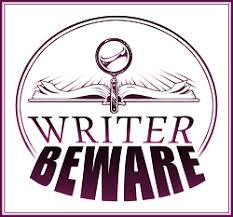
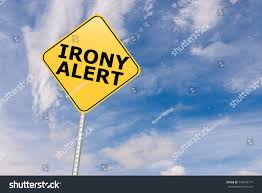



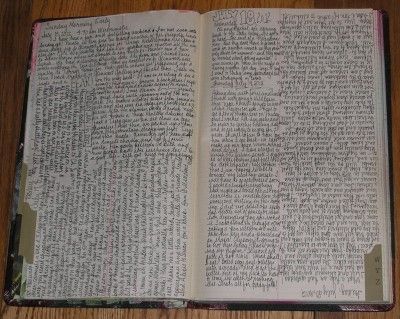



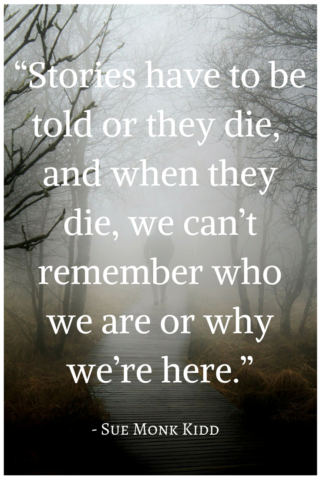
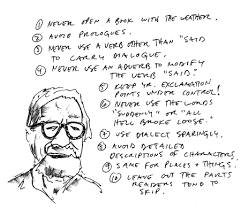
 In Midcoast Maine we have an abundance of artists and creatives. My small town has 2 world-class museums and fifteen galleries. The first Friday of every month town turns into a party as residents and tourists wander in and out of art spaces. The energy is palpable. Catch up conversations, opinions of a month’s offerings and gossip abound. The spring and fall bring open studios. Arrows point toward destinations out one peninsula after another. It’s a lovely way to spend a day. Seeing the art of others spurs creativity for other mediums. There is only one creative school invisible in this sea of plenty – writers.
In Midcoast Maine we have an abundance of artists and creatives. My small town has 2 world-class museums and fifteen galleries. The first Friday of every month town turns into a party as residents and tourists wander in and out of art spaces. The energy is palpable. Catch up conversations, opinions of a month’s offerings and gossip abound. The spring and fall bring open studios. Arrows point toward destinations out one peninsula after another. It’s a lovely way to spend a day. Seeing the art of others spurs creativity for other mediums. There is only one creative school invisible in this sea of plenty – writers.